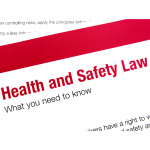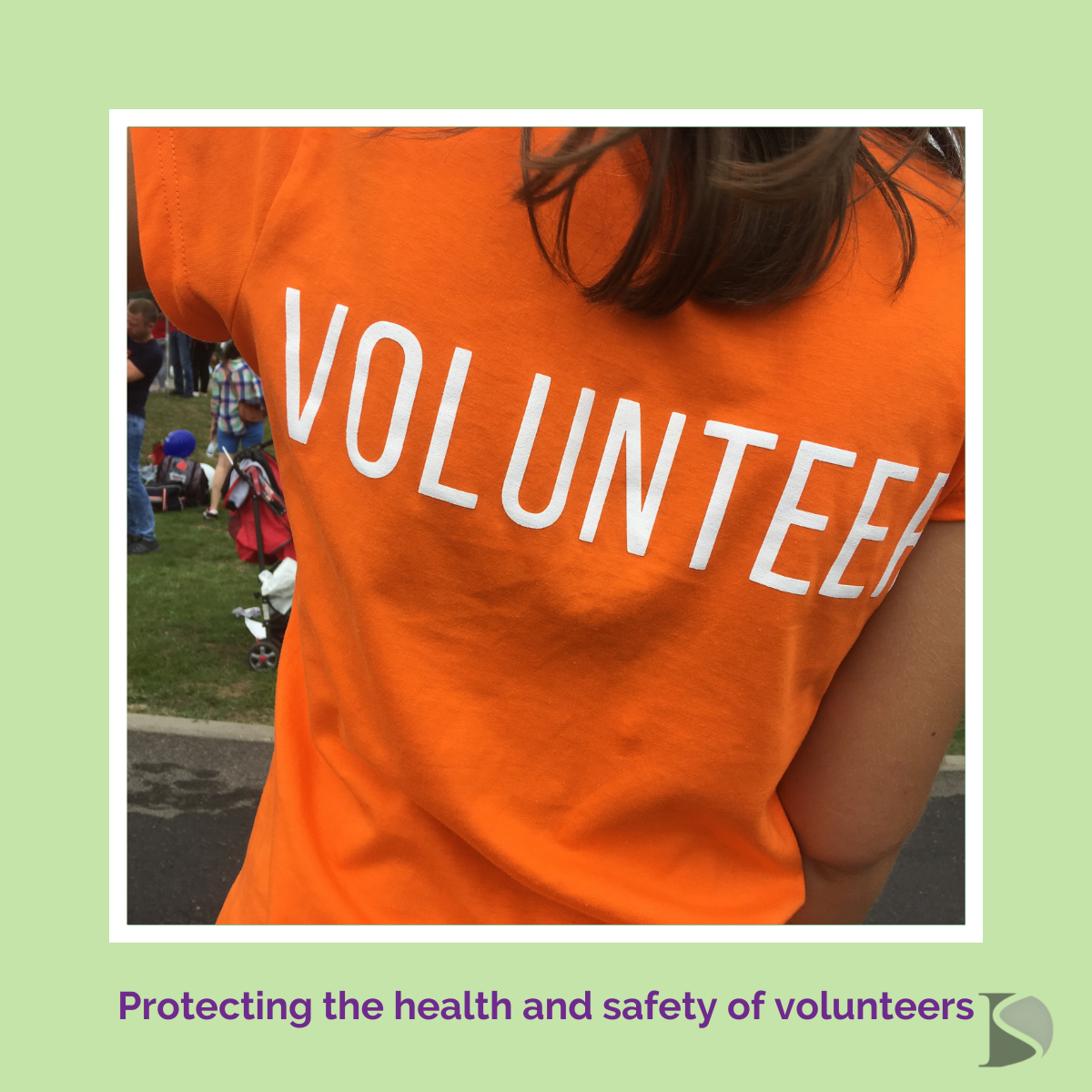Protecting the health and safety of your volunteers is vitally important. Not only do we have a legal duty of care towards volunteers, just as we would any other type of worker, we also have a moral duty of care to protect those individuals who give up their free time to help out when they can.
A recent article in the IOSH Magazine has highlighted the importance of protecting volunteers safety after some recent prosecutions brought about after volunteers have been hurt.
Does health and safety legislation apply to volunteers?
This isn’t a clear-cut yes or no answer, but if we start from a default position of ‘YES’ then you won’t go far wrong.
The Health and Safety at Work Act 1974 (HSWA) and regulations enacted under it applies to your organisation if you have at least one employee. The duties under the act apply to both your organisations employees and anyone who may be affected by your organisations activities – that certainly includes volunteers.

If your organisation has no direct employees, the Health and Safety at Work Act may still apply – for example, if your volunteers are in control of a non-domestic premises (eg village hall) or buys-in or controls construction work then health and safety law applies.
If your organisation has no employees and is run solely by volunteers then the Health and Safety at Work Act will not normally apply to you. This means that you are not subject to criminal law in fulfilling your health and safety duties, however you will still have duties under civil law.
Voluntary organisations and individuals who are volunteering have a duty of care under civil law to protect themselves or anyone else who may be affected by their activities. This duty of care, and meeting that duty, largely reflects the requirements of health and safety law. So even if your organisation is not covered by the Health and Safety at Work Act, by complying with it requirements and the requirements of those regulations made under the act, you will – in the vast majority of cases – be discharging your duty of care.
Remember – a breach of the Health and Safety at Work act is a criminal offence, and those that breach the act can be subject to fines and / or imprisonment. Breaching your duty of care is a civil offence, and breaching your duty may result in an injured party suing for damages through the civil courts and may result in you having to pay compensation.
Managing risks to volunteers

The best way to manage risks to your volunteers is to treat them just like any other employee of any other organisation.
Under the Health and Safety at Work Act, organisations need to have the following in place:
- Health and Safety Policy
- Arrangements for putting your policy into practice
- Risk assessments, identify all risks to your people and what you need to do to control those risks
- Emergency plans, such as first aid arrangements, fire plans, accident reporting and investigation, etc
- Consultation with your employees and / or volunteers to give them opportunity to comment and feedback on your health and safety arrangements
- Health and safety training, where needed.
All organisations, no matter what their size, are expected to have these in place. If you have 5 or more employees you must have these written down. However it is best practise for organisations to have all these arrangements documented no matter what their size – particularly in the voluntary sector where you may only have one or two employees but a large army of volunteers.
Do I need to report incidents involving volunteers?
Another question with no straightforward yes or no answer! The RIDDOR regs (Reporting of Injuries, Diseases and Dangerous Occurrence Regulations 2013) sets out what needs to be reported and what doesn’t, and there is some clear guidance from the HSE:
- Fatal accidents involving volunteers are always reportable (unless they involve a road traffic accident)
- Non-fatal incidents involving volunteers are reportable when the accident arises from work-activity, and the volunteer is taken straight from the scene of the incident to hospital for treatment.
Unlike for employees, there is no requirement to report over-7-day injuries to volunteers, as this only applies to employees.

Before deciding if you need to submit a report to the HSE or Local Authority of a serious incident or injury, you will need to check the RIDDOR regs (or talk to your friendly H&S Consultant) to understand if RIDDOR applies in your precise circumstances.
So, what is the key message to take away.
Looking after the health and safety of your volunteers is paramount. People who freely give their time and efforts to help others will need to feel safe and protected while carrying out their activities. Managing health and safety and protecting your volunteers does not need to be an onerous task, and by taking time to put some simple health and safety measures in place you will make sure you protect your people, retain your volunteers, and have a positive impact on the reputation and performance of your voluntary organisation.
Want to talk about the simple things voluntary organisations can put in place to keep people safe?

